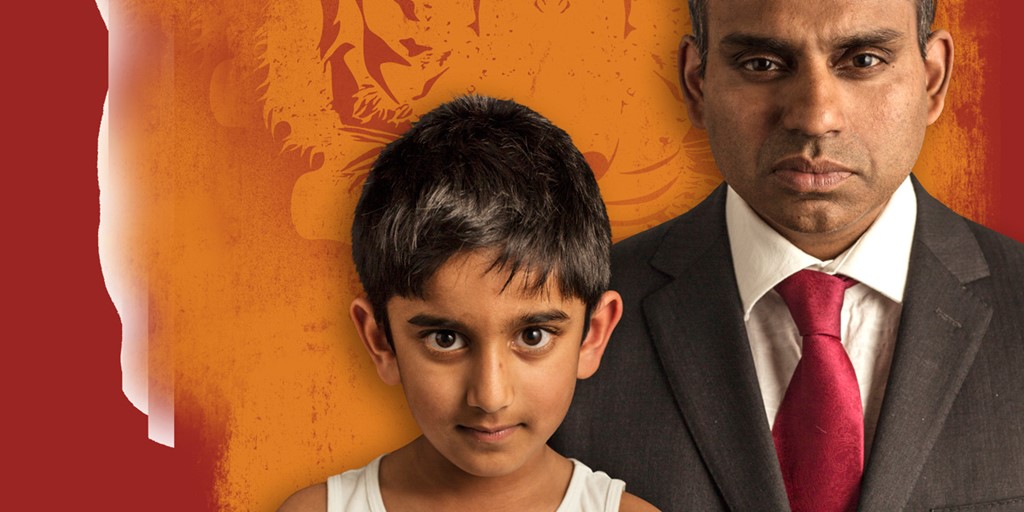Coming Up at Watford Palace Theatre
reviewed for The Times, 16 October 2015

![]()
The actor Neil D’Souza shines whenever he graces our screens. Now, with his second play, Coming Up, he proves that he’s no mean shakes as a writer, either. Alan, “a big rich English Indian”, runs a clothing business between Mumbai and Britain, and now, after more than 30 years, he visits his aunt and faces up to his estranged father’s legacy. While D’Souza’s know-your-roots moral is hardly original, Brigid Larmour’s fluid direction and Rebecca Brower’s balletic design ensure that Coming Up remains a beguiling evening.
Alan, played by D’Souza, is a new colonial with a white wife, screwing and discarding his Indian employee, clueless and scornful about the Hindi festivals blocking his executive car. It’s through the story of his father, Jacob (a powerful Ravin J Ganatra), that we get a glimpse of a more complex Anglo-Indian existence in pre-partition India. Jacob gets a route out of poverty through his Catholic boys school in Mangalore (“our sports day was like that of a British public school without shoes”).
Obviously, it’s not without a price. Indigenous caste structures and imperial condescension combine to keep this boy in his place — initially cleaning the latrines. Meanwhile, the school and the surrounding jungle are full of forbidden desires, taboo to Catholic and Hindu alike.
If Alan, the next generation, is a capitalist stereotype, there’s more poetry on hand in the dreams of his Mumbai mistress, played by a captivating Clara Indrani (“Maybe I’m not Hanna. Maybe I have a name you can’t pronounce”). Thanks to the movement director Shona Morris, sinuous tigers and masked mimes prowl the shadows, escapees from the jungle, or feverish dreams. Three vertiginous pillars of wicker baskets and colourful textiles frame the back of the stage, the warm space ahead of them free for soaring movement.
The doubling of parts can be confusing. In one primal scene, it’s hard to tell which two of the many characters our five actors play have been caught in scandalous flagranté. And the pressures on young Jacob (an endearing Goldy Notay) always seem more urgent than those on selfish, modern Alan. Yet D’Souza’s journey into the past is well worth the ticket.






